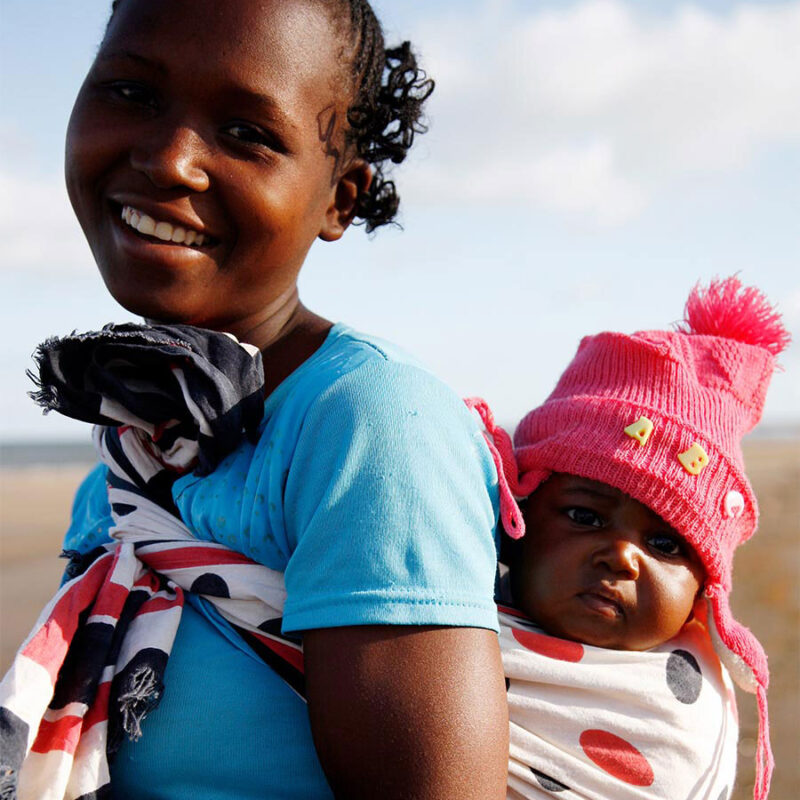Desk-Based Research on Strengthening Humanitarian & Development Stakeholder Coordination for Health in Fragile Settings
Desk-Based Research on Strengthening Humanitarian & Development Stakeholder Coordination for Health in Fragile Settings
Project Objectives
In 2019, Integrity was commissioned by the World Health Organisation (WHO) to support the global Technical Working Group on health in fragile settings, to conduct research on stakeholder coordination across the humanitarian-development-peace nexus (HDpN) in fragile settings.
Project Outputs
The review explored the factors affecting coordination across the HDpN interface where stakeholders come together. It focused on how key factors could be strengthened to improve health outcomes and contribute to Universal Health Coverage (UHC). UHC means that all people and communities can use the promotive, preventive, curative, rehabilitative and palliative health services they need, of sufficient quality to be effective, while also ensuring that the use of these services does not expose the user to financial hardship. This definition of UHC embodies three related objectives:
- Equity in access to health services – everyone who needs services should get them, not only those who can pay for them;
- The quality of health services should be good enough to improve the health of those receiving services; and
- People should be protected against financial-risk, ensuring that the cost of using services does not put people at risk of financial harm.
Our Desk Based Research involved three core tasks: a literature review; a review of core policies, documents guidelines and tools; and key informant interviews with experts in this field. Integrity consulted multiple data sources to identify key enabling and constraining factors that affect the interface of stakeholder coordination and made a series of recommendations for follow up, including the need to undertake context specific case studies.
